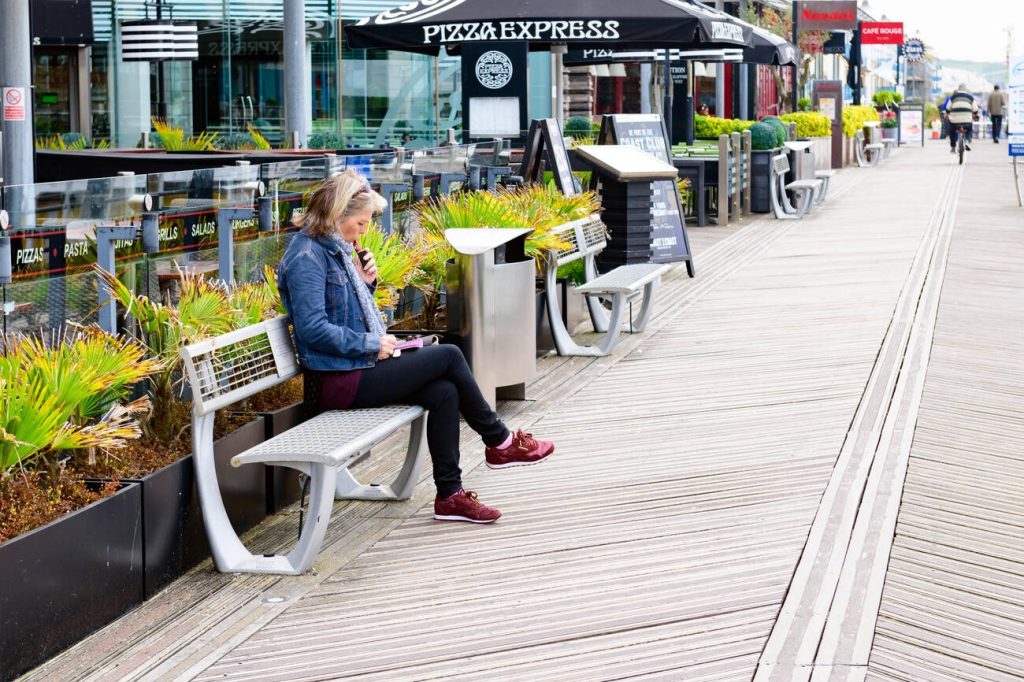2020 was a very difficult year for everyone, but it certainly affected some worse than others. Thanks to new social distancing measures and the lockdowns, many people had to very suddenly cancel their weddings, losing out on massive deposits and their dream venue. And although weddings are now able to resume, it is a much smaller and intimate reception than some would have hoped for.
Venues and deposits
The biggest issue couples had was with their venues they had booked to hold their wedding and reception at, and the deposits they had placed for these things, as well as catering, decorations, and much more. As much as these couples were hit hard by the pandemic, so were these venues, and if they issues full refunds to everyone who had to cancel, then they would be struggling too, as they would not have booking for many more months potentially. Some couples who did try to rearrange and were offered some of the earliest dates available, ended up having to rearrange multiple times due to the ongoing pandemic, but could not cancel their booking as they were not being offered a refund.There were venues that offered to move the original booking to a different date in the future free of charge, and some offered partial refunds (as neither party was at fault for the cancellation), but others refused refunds and quoted their policy as the reason why, even though the couples were not at fault and it was completely out of their hands. Businesses like caterers and waitstaff were affected by this as well, as these people still deserved to be able to get paid and survive during the pandemic, but the refunds would make it difficult for their companies to pay them, as well as leaving them without a job for the foreseeable future.
How did couples react to this?
As you can imagine, people were devastated by this. Not just with the loss of money, but also with losing out on their dream wedding. And this only added extra stress to what already would have been a very stressful lead up for them.And for some people, this would also mean that they lose out on their dream wedding forever, as the money that was lost is not so easily replaceable, especially if you’ve put a deposit down that cost a few thousand. However, some couples took it in their stride and just rearranged with the venues and caterers they booked, and decided to just elope instead so they could keep their wedding date. And then they can just pla to throw a wedding later when restrictions were lifted, which also lifts some of the anxiety off the day when you’re already married beforehand. But there was also a few couples who couldn’t handle the stress of it all at all between losing their dream and their deposits, and they ended up separating. Fortunately this only happened to a small percentage of couples, but it is understandable why it came to this after having to suffer such a big loss to your finances, as well as some suffering losses in their families as well during this time.
Are weddings going to be the same?
It is difficult to say, but with the decline of weddings and rise of people eloping over the past ten years, as well as the effects of the pandemic, it does look like they are going to change. Whether that is people deciding to go all out for their weddings in the future as a response to this and a need to celebrate, or people who have quiet intimate affairs that consider social and ethical effects, such as a moissanite vs diamond ring, or the stress on people and the environment of having so many people traveling to one location. Not to mention being able to save money with inviting less people, and instead throwing a party on a later date for extended family and friends. Weddings will definitely change after this, but how depends on the people who were planning them, and how people are wanting to respond to the pandemic.
Last year was a very unfortunate year for everyone, and for most sectors as well. It is estimated that the sector lost up to £5 Billion in the UK alone, that is from the couples who lost their deposits and the venues who lost out on revenue and income from this too, as they would have needed help from the Government to keep going when business came to a halt.









